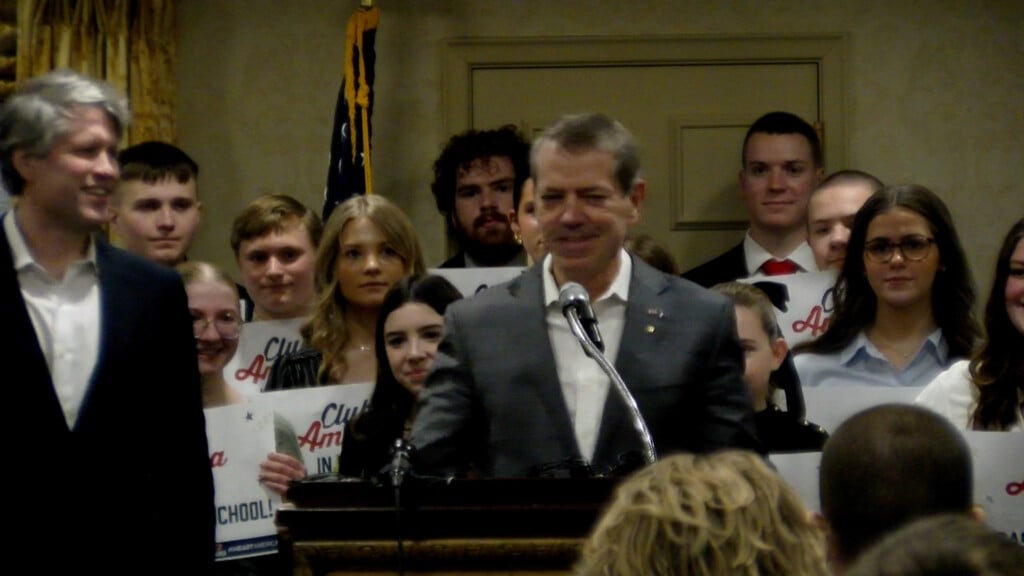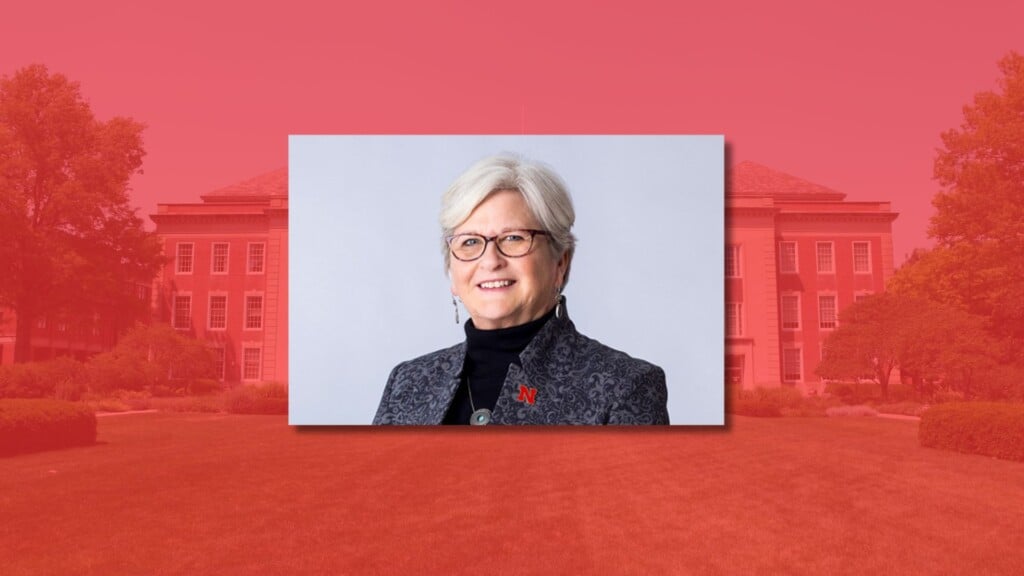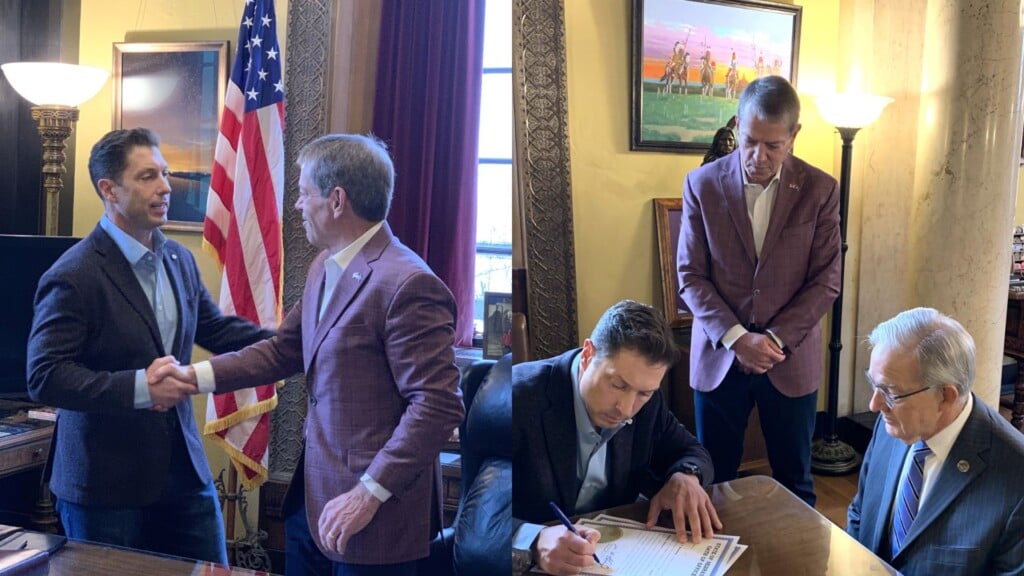Professor of UNL’s meteorology program writes appeal to save the program
LINCOLN, Neb. (KLKN) — Clint Rowe, a professor and department chair of the University of Nebraska-Lincoln’s Atmospheric and Earth Science program, is writing an appeal to save the program from elimination.
Earlier this month, UNL leaders laid out its cuts amid a $27 million budget shortfall.
That plan put six academic programs on the chopping block, including the Atmospheric and Earth Science program.
SEE ALSO: UNL puts six academic programs on the chopping block amid $27 million budget shortfall
Faculty argued cutting the program would come at a cost far greater than money.
“There is no other bachelor of science degree in meteorology in Nebraska anywhere or any other university,” Rowe said.
He said it’s more than just a degree, it’s a gateway to careers in climate and weather research.
He stated that a meteorology-climatology degree is the only avenue available for students to qualify for employment by the National Weather Service.
“That’s one of the hardest things I have to do is talk to students about what might become of the program,” Rowe said.
SEE ALSO: ‘No other program like this’: UNL gets pushback for ending Earth and Atmospheric Sciences
He said the metrics being used on how to determine which programs get eliminated is inaccurate.
“We are very good at producing graduates that are able to go out and get jobs, and that metric is not captured by any of the metrics that the university used,” Rowe said.
He mentioned that the decision could hurt students and the university’s reputation as a Big Ten research institution.
Despite President Jeffery Gold saying students that are currently in the program will get their degree, Rowe said he doesn’t know how that would happen.
“The answers that we’re getting from administration that somehow the students who are currently in the program will be allowed to finish their program, I don’t know how that happens without the faculty,” he said.
Rowe’s appeal will be presented on Oct. 10 to the Academic Planning Committee.
For now, he’s calling on students, faculty and alumni to speak up before a final decision is made.
“Their methodology is poor, their vision is short sighted, and they’re not thinking about the future of the university, the future of the people in the state and the future of our world when they are making cuts to programs such as ours.”



